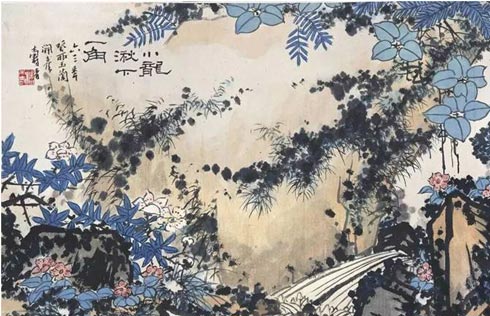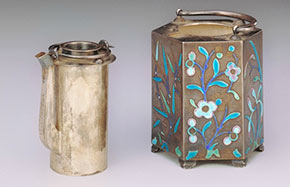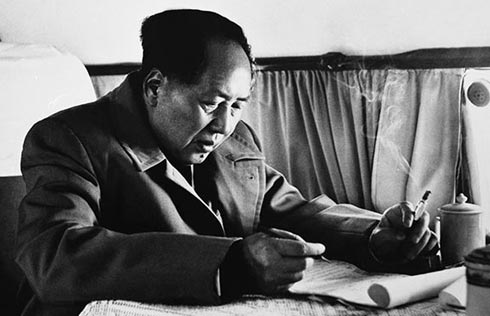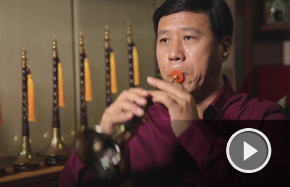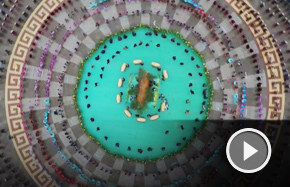Office at the center of ancient power
It's a place you wouldn't put someone you didn't trust.
A lot. With your life.
The Zhili provincial governor's office in today's Bao-ding, Hebei province, is the best-preserved Qing Dynasty (1644-1911) provincial compound because it was run by the most powerful official of the most powerful province, Zongdu — who also controlled the most powerful military to guard "Beijing's South Gate".
That's someone the emperor, at the tippy-top of a power pyramid juddering with intrigue, must trust without reservation.
The 105 rooms and courtyards are the best-preserved from the Qing era, whose zenith exalted the importance of the office built by Ming Dynasty (1368-1644) decree.
It remained a primary power seat until the Republic of China was declared in 1911.
The compound remains virtually unchanged since Qing Emperor Yongzheng constructed its current manifestation in 1730 and expanded the governor's jurisdiction to include today's Hebei province, and Tianjin and Beijing municipalities — plus chunks of Shanxi, Shandong, Henan and Liaoning provinces, and the Inner Mongolia autonomous region. That made Zhili the country's largest province.
"Beijing's South Gate" also commanded the Qing's biggest army.
Given Zhili's military consequence, the emperor endowed the governor with special autonomy, while coaxing allegiance with honorifics and other perks. The province's very name translates as "directly ruled".
Governors posted plaques inscribed with codes of conduct. Rule No 1 commands loyalty to the emperor.
These edicts were ostensibly displayed as prompts lest governors be tempted — or perhaps to put rulers at ease with the military might they yielded to Zhili's governor.
Other edicts include "don't show off", "don't take bribes" and "think for yourself" — generally considered good advice for any socioeconomic food chain's upper links.
Among the many relics is a photo of perhaps the most famous Zhili governor, Li Hongzhang (1823-1901), who crushed several uprisings, including the Taiping Rebellion (1850-64).
Zhili was dismembered in 1928.
Hebei province was so named as the remainder, after the rest of its territory was hacked away and distributed to other administrative jurisdictions.
The emperor's trust of the governor's office hasn't mattered since. But visitors' interest does. It keeps the old office's legacy alive.






